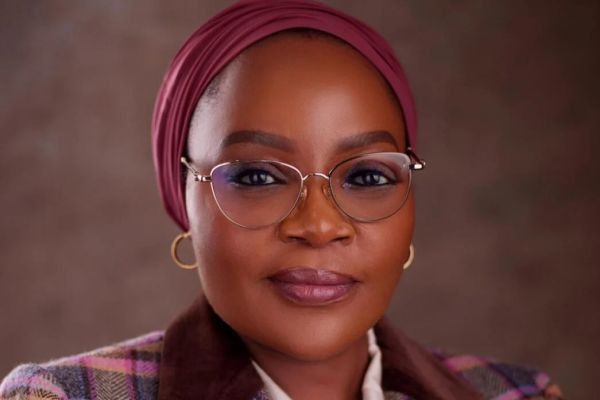In what appears to be a wake-up call to state governments and education managers across the country, the Executive Secretary of the Universal Basic Education Commission (UBEC), Dr. Aisha Garba, has revealed that over ₦250 billion in intervention funds remain idle in the accounts of State Universal Basic Education Boards (SUBEBs) and the FCT, despite the country's persistent struggles with deteriorating public school infrastructure and quality of learning.
Dr. Garba made this known on Monday during the opening session of a three-day Financial Management Training in Abuja, aimed at equipping SUBEB finance managers, auditors, and matching grant officers with tools for more transparent and accountable handling of Universal Basic Education (UBE) funds.
In a tone both commendatory and cautionary, Garba disclosed that between January and June 2025, 25 states and the Federal Capital Territory successfully accessed a total of ₦92.4 billion in UBE matching grants. Additionally, the Commission disbursed ₦19 billion to 32 states and the FCT for Teacher Professional Development, and ₦1.5 billion to 1,147 communities under the School-Based Management Committee (SBMC) Improvement Programme.
While praising these achievements as notable progress, Garba, represented by UBEC Deputy Executive Secretary (Technical), Razaq Akinyemi, did not shy away from confronting a more troubling reality — the staggering sum of education funds that remain unused across the 36 states and the FCT.
"The real challenge is no longer access alone. It is the slow — and in some cases, absent — utilisation of funds meant to uplift basic education. Over ₦250 billion sits untouched. That is a national disservice," she lamented.
Beyond Access: The Utilisation Crisis
According to Dr. Garba, accessing intervention funds is only the first step; the real litmus test lies in their effective and timely deployment. Too often, she said, state-level education boards fall short — hindered by bureaucratic inefficiencies, poor planning, lack of technical capacity, and, at times, outright disregard for funding guidelines.
Since assuming office in January 2025, Garba said she has made fiscal accountability a cornerstone of her administration, starting with the 46th Financial Monitoring exercise in the North Central region. That inspection revealed a troubling pattern: non-compliance with utilisation guidelines, fund diversion, contract award violations, tax evasion, and poor recordkeeping.
In response, UBEC has launched a comprehensive overhaul of the UBE funding system — beginning with a review of utilisation guidelines, the introduction of a new template for SUBEB Action Plans, and increased capacity-building efforts both locally and abroad.
“This training is not just another seminar. It is a strategic move to instill transparency, accountability, and efficiency in how UBE funds are managed,” she stressed.
Training for Transformation
The current training, themed “Efficient and Effective Management of UBE Intervention Fund: A Key to Successful Basic Education Service Delivery”, brings together directors of finance, internal auditors, and desk officers from all SUBEBs. It covers a robust curriculum — including procurement procedures, tax reform updates, audit red flags, and financial reporting standards.
Garba reiterated that it is not the volume of funds released that changes the education landscape, but rather the value derived from their utilisation. She urged fund managers to embrace reforms, align with the Commission’s mission, and uphold the trust placed in them by the Nigerian people.
“Every naira released must speak. It must echo in the sound of well-trained teachers, rehabilitated classrooms, and children learning in safe, supportive environments,” she affirmed.
A Call for Commitment
As Nigeria grapples with an overstretched basic education system, Garba called on all stakeholders to return to the fundamentals of public service — integrity, dedication, and impact-driven governance.
“Let this training serve as a turning point. Let us move from merely accessing funds to transforming them into tangible improvements in our schools. The Nigerian child deserves no less.”
With the education of millions hanging in the balance, the message from UBEC is clear: funding is not the problem — commitment is. And unless urgent reforms take root, the promise of universal basic education may remain just that — a promise.









